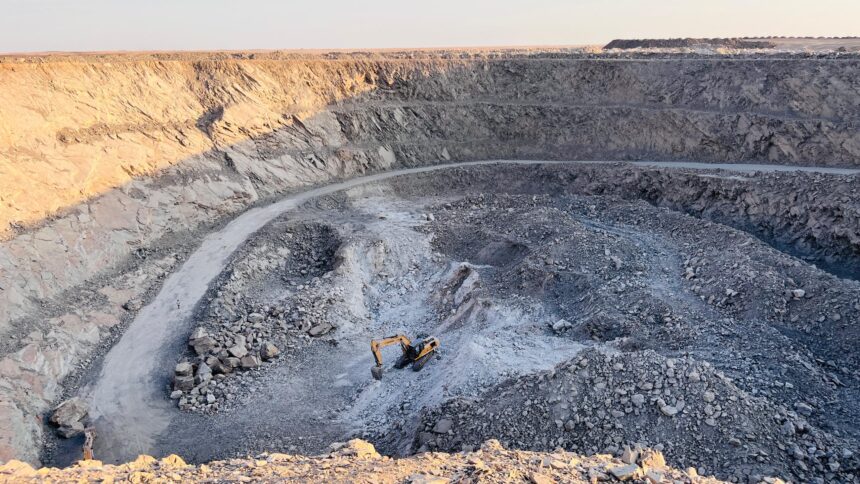SWAKOPMUND – Just less than a week after Parliament pointed to illegal mining in the Uis area of the Daures constituency, further shortcomings and irregularities have been uncovered.
Findings of an oversight visit by the Parliamentary Standing Committee on Natural Resources have raised environmental and labour concerns in the mining sector.
The latest committee’s findings, compiled in a report, reveal widespread environmental violations, regulatory failures and exploitative labour practices across various mines in the Oshikoto, Otjozondjupa and Erongo regions.
The oversight visit was conducted to assess compliance, sustainability and socio-economic contributions within the mining, energy and natural resource sectors. This was done in Erongo, Otjozondjupa and Oshikoto, focusing on key industry players in the energy and mining sector.
The oversight visit revealed critical findings, including concerns about environmental management, workplace safety, slow renewable energy adoption, inadequate local community investment and regulatory compliance gaps.
The committee’s investigation uncovered serious gaps in environmental management, workplace safety and corporate responsibility. It found that some mining companies continued operations without valid Environmental Clearance Certificates (ECC), while others failed to rehabilitate mining sites after extraction activities.
Among the key concerns, the committee noted that Dundee Precious Metals in Tsumeb operated without a valid ECC for over six months, only securing renewal in February 2023. Additionally, former employees raised health concerns, including respiratory issues and suspected groundwater contamination from toxic waste stockpiles.
“There are serious concerns regarding hazardous waste at the plant, and regular inspections are necessary,” the committee stated in its report. The report also highlighted that Whale Rock Cement (Cheetah Cement) had no rehabilitation plan in place, while some sand mining companies in Oshikoto neglected land restoration efforts.
“The adoption of renewable energy solutions remained slow, with regions like Oshikoto lagging behind significantly”, the committee said.
In Otjozondjupa, the committee noted that mining companies prioritised contributions to the central government, but failed to invest adequately in local community development.
Charcoal production was also flagged as a growing industry with many unregistered operators who did not fairly remunerate workers, and did not provide proper protective gear. Labour violations are a major issue, particularly at Symphonie Stone Processing Company, where workers manually handled heavy materials without medical aid benefits.
Similarly, former employees of Dundee Precious Metals reported deteriorating health, alleging inadequate medical care from company doctors,” the report says.
Governors weigh in
During consultation with the committee, Otjozondjupa governor James Uerikua expressed frustration over the lack of value-addition in the region, noting that raw minerals were being exported without benefiting local industries.
He added that there is little or no investment in infrastructure and community development from the mining sector.
“We need a shift towards beneficiation to ensure job-creation and wealth-retention within Namibia, and we can only do this if we fully maximise our resources,” Uerikua stated.
Erongo governor Neville Andre expressed concern about the exploitation of workers, and lack of coordination between mining companies and local authorities.
“Traditional leaders and communities remain largely uninformed about mining operations happening on their land. There must be better engagement and accountability from these companies,” he said.
Oshikoto governor Penda Ya Ndakolo highlighted the slow progress of rural electrification, stressing that while some schools had been connected to the grid, many villages still lacked electricity.
The committee is calling for stricter enforcement of environmental and labour laws.“The environment ministry should ensure all mining companies submit rehabilitation plans before receiving their ECC. The labour ministry must also conduct regular inspections to address workplace safety concerns, particularly at Symphonie Stone Processing Company and Whale Rock Cement,” the committee said.
It also recommended that government reconsiders its approach to mining ownership by exploring shareholding options rather than relying solely on royalties and taxes.
Policies should be developed to maximise the economic potential of lithium and tantalum by-products at Uis Tin Mine.
Mining companies must be required to contribute more meaningfully to infrastructure, education and social responsibility programmes, the committee recommended. -edeklerk@nepc.com.na.



